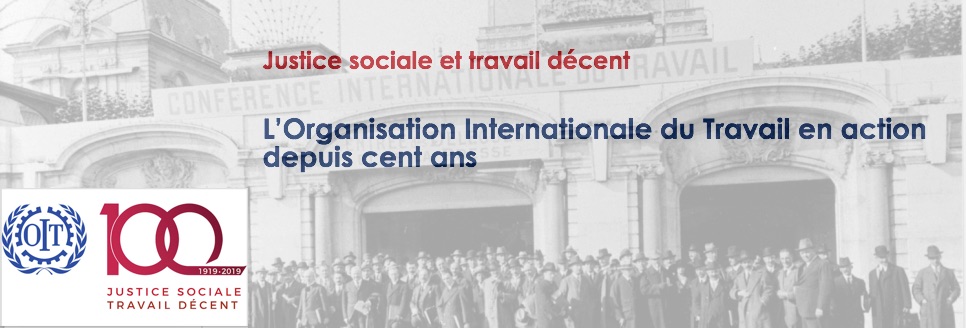Le Portugal est membre fondateur de l'Organisation internationale du Travail. Dans les premières années, ce pays a adopté plusieurs conventions de l'OIT et en a formellement ratifié d'autres. Après l'instauration de l'Estado Novo, en 1933, le régime autoritaire a dû trouver la manière de gérer le patrimoine normatif de l'OIT - tant celui dont il avait hérité que celui qui sera construit au cours des décennies suivantes - et l'accueillir, ou pas, dans son ordre juridique. Partant des quatre grands thèmes de l'OIT - droits humains et droits du travail, qualité du travail, protection sociale, emploi et pauvreté – nous avons examiné les conventions internationales du travail, vérifié si et quand elles ont été ratifiées, et si, même sans ratification formelle, elles ont été reçues au Portugal.
La base de ce travail est l'analyse de la législation nationale et internationale, de la documentation des archives portugaises et des archives du BIT à Genève, dont la plupart ne sont pas connues. Trois périodes distinctes caractérisent les rapports entre le Portugal et l'OIT: d'abord, une période de convergence, pendant la Première République; s'ensuit une période d'isolement et d'indifférence envers l'Organisation, dans les années 1930-1940 et, enfin, à partir du milieu des années 1950, un processus intense de réengagement jusqu' à la chute du régime en 1974.
Ces périodes croisent des espaces normatifs dans lesquels on distingue une dimension politique et une dimension sociale, fortement conditionnées par le caractère antidémocratique du régime, par l'intention de perpétuer le colonialisme et par l'endémique manque de développement social et économique. Cette clé de lecture peut être appliquée à d'autres espaces, au Portugal d'aujourd'hui ou à la réalité historique ou actuelle d'autres pays - on trouve ici une possible contribution pour l'approfondissement des connaissances sur l'OIT et sur son influence à une échelle plus ouverte - tout en nous permettant d'approfondir notre connaissance de la société portugaise sous l'Estado Novo.
ENGLISH VERSION
Portugal and the International Labour Organization (1919-1974)
Portugal is a founding member of the International Labour Organization. In the early years, Portugal adopted several ILO Conventions and formally ratified others. After the installation of the Estado Novo in 1933, the authoritarian regime had to find ways to manage ILO's normative legacy – both as regards instruments that had been previously adopted by Portugal and those that would emerge during the following decades – and transpose it, or not, into its legal system.
From the starting point of the four main themes of the ILO – human rights and labour rights, quality of work, social protection, employment and poverty – we examined the international labour conventions, checked whether and when they were ratified, and whether, even without formal ratification, they were adopted in Portugal. This work is based on the analysis of national and international legislation, as well as of documents in Portuguese archives and in the ILO archives in Geneva, most of which were not known to the public.
Three distinct periods can be discerned in the relations between Portugal and the ILO. First, a period of convergence during the First Republic; followed by a period of isolation and indifference towards the ILO during the years 1930-1940; and, finally, from the mid-1950s, an intense process of re-engagement until the fall of the regime in 1974. These periods intersect normative spaces revealing a political dimension and a social dimension, strongly conditioned by the undemocratic character of the regime and the intention to perpetuate colonialism and by the endemic lack of social and economic development.
This reading key can be applied to other times and spaces, to the Portugal of today or to the historical or current reality of other countries, herein lying its possible contribution to a deeper knowledge of the ILO and of its influence on a broader scope, while allowing for a better understanding of the Portuguese society under the Estado Novo regime.

 PDF version
PDF version
